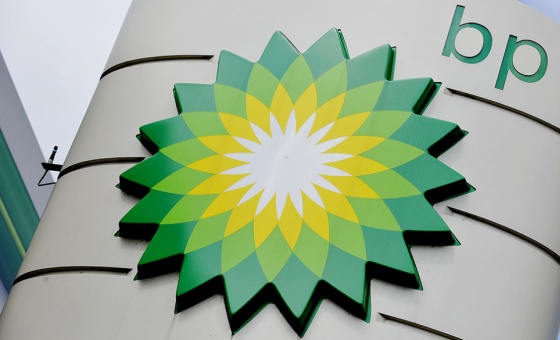This is the last article you can read this month
You can read more article this month
You can read more articles this month
Sorry your limit is up for this month
Reset on:
Please help support the Morning Star by subscribing here
BANKS in the US in the 1920s and early ’30s weren’t too popular with the population. Like present-day banks, they encouraged too many customers to take out loans they could not possibly afford, and being unregulated, they did as banks still tend to do and became over-greedy, lending out more than in their reserves.
As a result, thousands of national, state and private banks were placed in the hands of receivers, mostly after runs on the banks when panicked customers tried unsuccessfully to get their savings back.
Approximately $140 billion of people’s hard-earned savings were lost in 1933 alone, and as the panic spread, president Roosevelt called a three-day national holiday for banks to be closed.
To try to restore trust in the banking system, he said those famous words about the “only thing to fear is fear itself.” But for many it was too late: thousands of families were ruined, and mortgaged farms repossessed.
So when news went around of banks being robbed by the Barrow Gang, led by Bonnie Parker and her boyfriend Clyde Barrow, and their exploits taken up by the national press, the couple’s actions were seen as heroic revenge for what banks had done earlier.
Banks make their money from their customers who either borrow or save: the savers are paid interest for their deposits and those who borrow pay interest on their loans or mortgages.
The greater the difference between the two rates of interest, the greater the profit made by the bank. British banks have recently announced record profits for that precise reason.
Britain’s “big four” banks — Lloyds, HSBC, Barclays and NatWest — together posted around £44.2bn in pre-tax profits last year, up 41 per cent from £31.4bn in 2022. NatWest announced its highest annual profits since 2007, the year before it had to be bailed out by Britain’s taxpayers to the tune of £46bn.
HSBC, despite profits falling in the last three months of 2023, announced annual overall profits rising to $30.3bn, “up from $17.1bn a year earlier.” British banks surpassed their Western European counterparts in pre-tax profits, with figures indicating that British banks contributed 18.93 per cent of the total pre-tax income among the top banks in Western Europe.
The reason for this is clear: British banks very quickly responded to the increases in interest rates made by the Bank of England by increasing the costs for borrowers, but failed to raise the interest rates for savers often until months later.
Windfall profits, plain and simple, are made through no clever investments or innovation, simply by the exploitation of customers.
Wary of such conclusions, the CEO of Lloyds Banking Group, in October last year, warned British policymakers that measures such as a windfall tax on banks should be ruled out, even though his bank’s profits were reported to have risen 57 per cent in a year, up to £7.5bn.
Our brave politicians duly took the hint, despite the fact that an extra £10bn or so would do wonders for staffing levels in our public services.
Banks believe windfall taxes would make Britain even more uncompetitive relative to other international financial centres and therefore less attractive for businesses and investors. Well, they should have thought of that before they started their latest trick to rip off customers, shouldn’t they?
Aren’t customers meant to be protected from exploitation in these 21st-century days? Of course they are and the Financial Conduct Authority’s (FCA) website declares the aim of this particular watchdog is to ensure “customers get a fair deal.”
It is currently investigating the potential misconduct of banks over loan deals on car purchases, stating that if they find “customers have lost out,” they will “make sure people who are owed compensation receive an appropriate settlement.”
So why don’t our very own “Bonnie” Reeves and Sir “Clyde” Starmer suggest the FCA investigates the misconduct of banks during the inflation crisis, and get banks to pay compensation to all the savers who most certainly “lost out?”
Two investigations are clearly needed: the first in the FCA itself for its failures to stop the exploitation of customers, and the second in the Labour leadership team for being on the side of the financial sector and not of the working people of Britain.
Any 21st-century Bonnie and Clydes don’t need to partake in violent bank robberies; they just need to provide justice for exploited customers.












